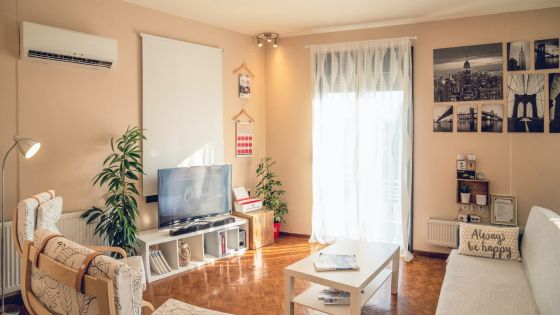The journey from renting to owning a home is a monumental step in anyone’s life. It’s a financial commitment and an emotional and lifestyle transition. This change symbolizes stability, freedom, and a significant personal milestone for many. However, as with any significant life shift, the growth can be both exhilarating and daunting.
1. Understanding the Financial Landscape:
Initial Costs: While you might be used to paying rent and possibly a security deposit as a tenant, transitioning to homeownership comes with initial costs like down payments, home inspections, and closing costs. You need to be prepared for these upfront expenses.
Mortgage Over Rent: Replacing your monthly rent with a mortgage payment might seem simple. However, unlike failing to pay rent, failing to make a mortgage payment might result in foreclosure. You also need to factor in property taxes and homeowner’s insurance.
Maintenance and Upkeep: Gone are the days when you called up your landlord for a leaky faucet. As a homeowner, all repairs and maintenance fall on your shoulders. It’s essential to keep a budget for unexpected repair costs.
2. Embracing New Freedoms and Responsibilities:
Personalization: One of the most significant advantages of owning a home is the ability to customize it to your heart’s content. You can paint walls, change fixtures, and renovate spaces without anyone’s permission.
Long-Term Planning: As a tenant, you might have thought about lease durations — maybe a year or two ahead. Homeownership requires thinking long-term. Whether it’s about property value appreciation, neighborhood development, or future renovations, your mindset needs to shift to think years, if not decades, ahead.
Community Involvement: Owning a property often ties you closer to the community. This can be a perfect opportunity to get involved in neighborhood associations, local events, and community projects.
3. Preparing for the Unexpected:
Emergency Funds: It cannot be stressed enough how crucial it is for homeowners to have an emergency fund. Whether it’s sudden plumbing issues or external factors like natural disasters, having a financial cushion can be a lifesaver.
Insurance Matters: You might have renter’s insurance as a tenant. As a homeowner, you should familiarize yourself with different home insurance policies, ensuring that you have coverage that matches your home’s value and local risks.
Market Value Awareness: While you might not be considering selling any time soon, it’s beneficial to be aware of your home’s market value and factors that might influence it.
4. Emotional Readiness:
Attachment: The emotional bond between a homeowner and their property is often more robust than that of a tenant. This deep connection can be a source of immense pride and satisfaction.
Stress and Anxiety: The responsibilities that come with homeownership can be overwhelming at times. It’s essential to have coping strategies, whether seeking advice from fellow homeowners, joining a homeowners’ support group, or consulting professionals for specific issues.
This article was originally published at peterbubel.medium.com.









